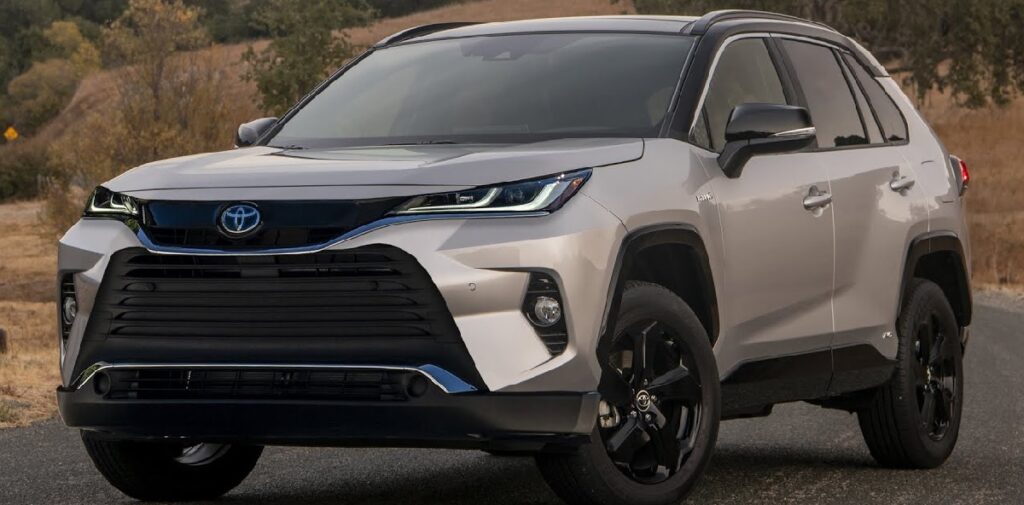Toyota Delays U.S. Electric Vehicle Production
Toyota is pushing back the timeline for its electric vehicle (EV) manufacturing in the United States due to a decline in global demand for battery-powered cars. Originally slated to begin production by late 2025 or early 2026, the company now anticipates launching its U.S. EV operations at an unspecified time in 2026, according to a spokesperson from Toyota.
Despite this delay, Toyota remains committed to its global target of producing 1.5 million battery electric vehicles by 2026. Spokesperson Scott Vazin mentioned that the company plans to introduce “5 to 7 battery electric vehicles” in the U.S. market over the next two years.
Earlier this year, Toyota announced a significant investment of $1.3 billion in its Kentucky factory, aimed at producing a three-row electric sport utility vehicle (SUV). Additionally, plans are underway to develop another electric model at a facility in Indiana. To support these initiatives, the company is increasing its lithium-ion battery production with a new factory in North Carolina, which is expected to become operational next year.
Toyota’s announcement coincides with a broader trend in the global automotive industry, where major manufacturers are grappling with diminishing demand for electric vehicles. Tesla recently reported quarterly figures that fell short of Wall Street expectations, raising concerns about the potential for its first-ever annual delivery decline.
Other automakers are also adjusting their EV strategies. Volvo has abandoned its goal of exclusively producing fully electric vehicles by 2030, now planning to offer some hybrid models instead, citing shifting market conditions. Similarly, Ford has revised its electric vehicle strategy, halting plans for a large, all-electric SUV and delaying the launch of its next electric pickup truck. Chief Financial Officer John Lawler indicated that these adjustments were made in response to “pricing and margin compression.”
As the automotive landscape evolves, Toyota and other manufacturers continue to navigate the complexities of transitioning to electric mobility.

